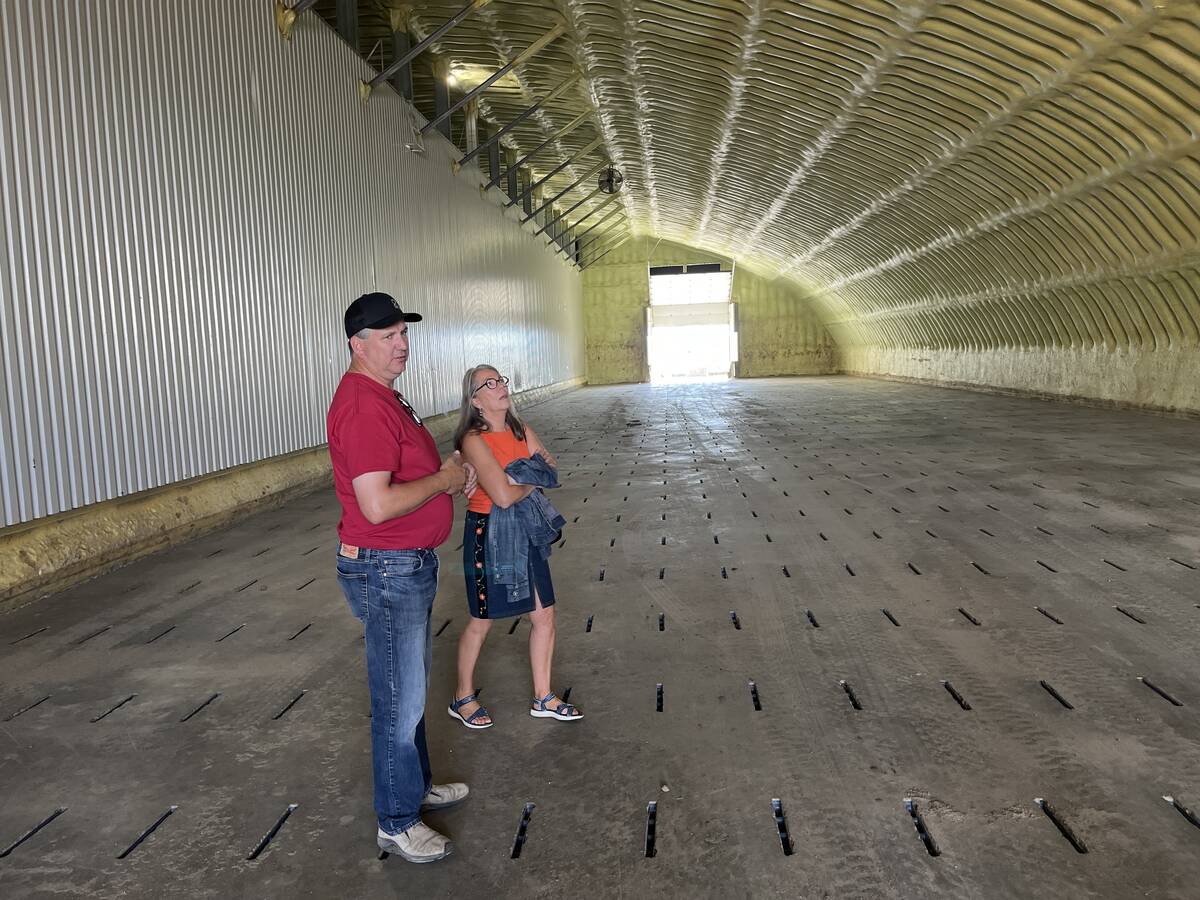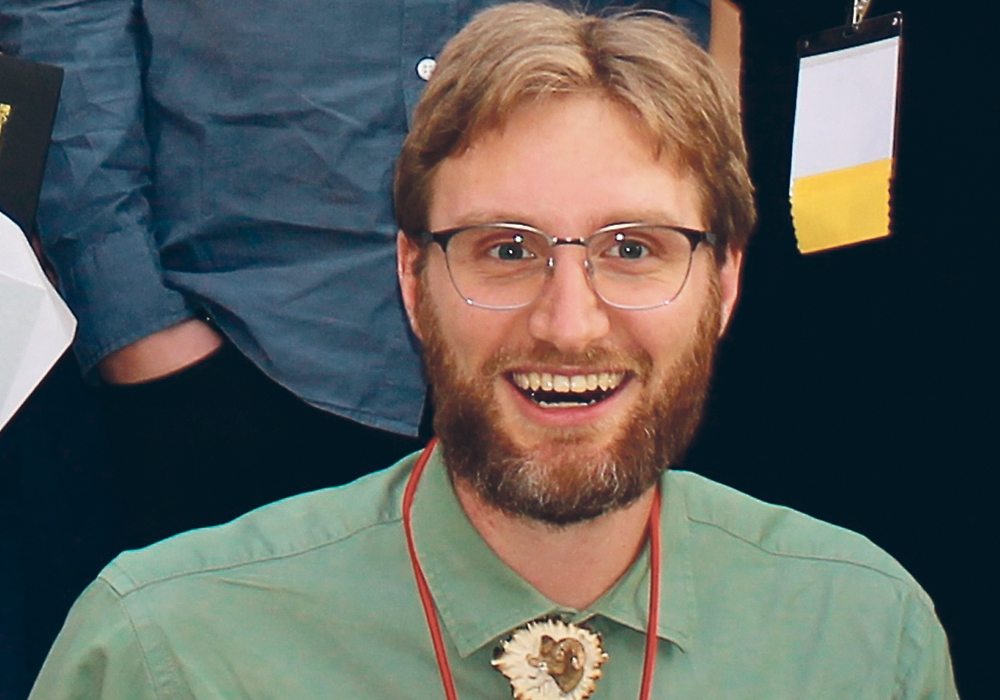Ryan James had to identify 100 plants from a set of 200 grasses. He only had a minute to view each plant
For the second year in a row, Ryan James used his skills and smarts to win a high-profile international plant identification competition.
James, a University of Alberta student formerly with Lakeland College, scored 95.1 percent this year in the North American Range Plant Identification Test to again place first.
He said it was a tight race.
“Everyone in the top 10 had really close scores on the test,” he said. “We were all within five percent. I just happened to identify one more plant and make one less spelling mistake. Everyone studies quite hard for this.”
Read Also

Potato farm requires year-round management
The most recent Open Farm Day in Alberta showcased agricultural producers across the province educating the general public about the process that is required is to get food to their table.
The Jan. 30 competition in Sparks, Nevada, attracted 144 university students from across North America. Competitors had one minute to view a plant, then were required to provide its name, origin, and lifespan. Some seedlings were so tiny, they needed a hand lens to see characteristics.
“There were 100 plants to identify from a set of 200 grasses, shrubs and forbs from North American rangelands,” James said.
As well as placing first, his score helped the University of Alberta’s Range Team place second in the team competition. The top three individual scores were averaged to create the team score.
James is working toward an environmental conservation degree at the university, with plans to major in conservation biology. Before that, he completed environmental sciences diplomas at Lakeland College, majoring in conservation and restoration ecology and environmental conservation reclamation.
He credited Lakeland instructor Robin Lagroix-McLean for helping him develop his plant-identification skills, noting he couldn’t identify a single plant during his first field class.
“To come from not knowing any plants to being first in North America is a big accomplishment,” he said. “(Lagroix-McLean) was really awesome with plants, so she built that foundation that I could build on with my own abilities.”
James hopes to one day work in a field where he can bring environmentalists, ranchers and the general public together.
“Grasslands are so interesting,” he said. “You look at them and they seem pretty uniform, but there are so many species there. They are also endangered ecosystems, and lots that are left are with private operations.”


















